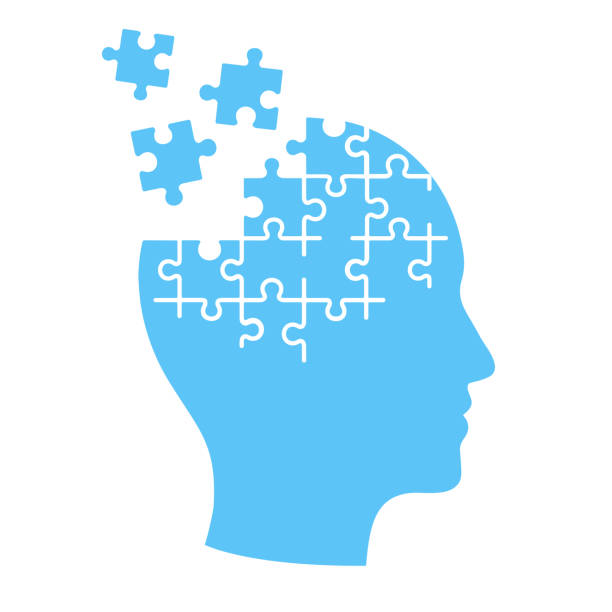Many Catholics are aware of, or have read, a well-crafted, encyclical letter by Pope John Paul II called ‘Fides et Ratio” (Faith and Reason): This document, now considered a staple in how the Catholic Church answers skeptics (some of whom view this subject as “when worlds collide”), is an effective primer for reconciling faith and reason.
Yet with the surge of secular ideas in Western society, as well as approximately 17% of the U.S. alone identifying as neither spiritual nor religious, marrying faith and reason is still, well, unreasonable to a significant swath of people.
In its place, scientism is making its own noise in the public arena, with atheists and agnostics adopting the scientific method as the be-all, end all to testing just about anything that resembles a claim. Even despite that science – yes, the discipline that the Catholic Church helped move into modernity – is about explaining the natural world and cosmos around us, faith has been backed into a corner of “extraordinary claims require extraordinary evidence”. Except the catch is that moderately to highly skeptical atheists and agnostics rarely, if ever, accept evidence that hasn’t been rigorously tested, peer-reviewed, and then turned into an established fact in the natural world.
A now popular approach to pitting reason against faith – and thanks the colossal double-edged sword called the Internet – involves the now numerous armchair neuroscientists who have yet another mic drop critique that neuroscience disproves free will. Sam Harris, a well-known neuroscientist and “new atheist”, has been quite vocal that science can explain not only the natural world, but also morality, free will, and metaphysical related matters.
Not that there isn’t established, credible science that correlates with some of Sam’s perspectives: For instance, we know that the pre-frontal cortex in the brain helps drive our moral compass. However, not all neuroscientists agree with Harris’ using neuroscience to explain away philosophical and metaphysical topics. And many do not leap to saying that neuroscience has an “aha!” answer to free will versus brain function.
The fundamental claim that atheists bring to Christian apologists (and for which atheists apparently think they have the whole picture of information) is this: “When the brain processes an “electrical impulse”, it has already made the decision; therefore, we don’t have any freewill in our decision”. I seriously do not know whether to laugh or cry when I hear this argument, as it leaves out a whole host of other factors. We will briefly get to those in a second.
First, to give some more context, I just recently watched a discussion about “neuroscience versus freewill” on Catholic Answers; and though I love-love-love Catholic Answers, the conversation was a hodge podge of discussing neuroscience and philosophy. Worse, the word neuroscience – and not just on Catholic Answers — is being tossed around these days as a catch-all for any psychology-related studies. Not that there the term neuroscience is being misused altogether in explaining the studies – neuroscience does involve the brain, after all! — but it is more than time to clear up some of the misinformation.
Namely, when a discussion involves neuroscience, it sure would be great to have, you know, a neuroscientist present, or even one of the sub-disciplines of psychology that closely align with what neuroscience technically means. (*Spoiler alert*: neuroscience is fundamentally about brain biomechanics).
Now, while the more prominent Catholic apologists generally do a decent job of summarizing scientific studies, as well as pointing out flaws in atheist arguments — the conversation is frequently too muddied with philosophy (which frequently ends up as the bulk of the discussion anyway). It is first important that we all get our definition down about *neuroscience* and understand the biomechanics of it.
Any speculation beyond how neurons, neurochemistry, brain hemispheres, and the senses function is just that — speculation. It is the same problem with the many atheists who oversimplify consciousness. Let’s all first establish how exactly the brain works before possibly — and I stress the word “possibly” — linking neuroscience to philosophical debates.
For example, our senses are crucially *key* to just about all information the brain processes. Therefore, it is not so simple to leap to “your brain already made the choice..” idea that atheists espouse. Moreover, the studies that both atheists and apologists usually refer to fall more into behaviorism and a bit into cognitive psychology.
Finally, although it just so happens that I have an education in physiological psychology, which is heavily rooted in neuroscience, you are certainly welcome to do your own investigating. And if you do, it wouldn’t be a bad idea to consult a neuroscientist directly on the matter.
